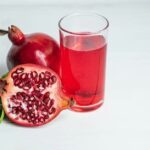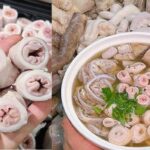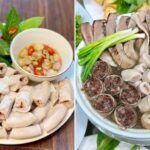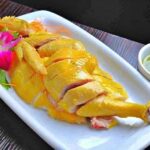Doves are not only a symbol of peace, but they are also known in culinary culture as a nutritious food, especially commonly used in patients’ diets. However, is the nutritional value of dove meat truly as “miraculous” as word of mouth? And who should limit this dish?
1. Nutritional Value of Dove Meat
Dove meat is classified as a premium food with superior nutritional value. Compared to popular poultry meats such as chicken or duck, dove meat has a higher protein content and lower fat content. This is why it is considered an ideal choice for those who need to supplement high-quality protein without increasing bad cholesterol.
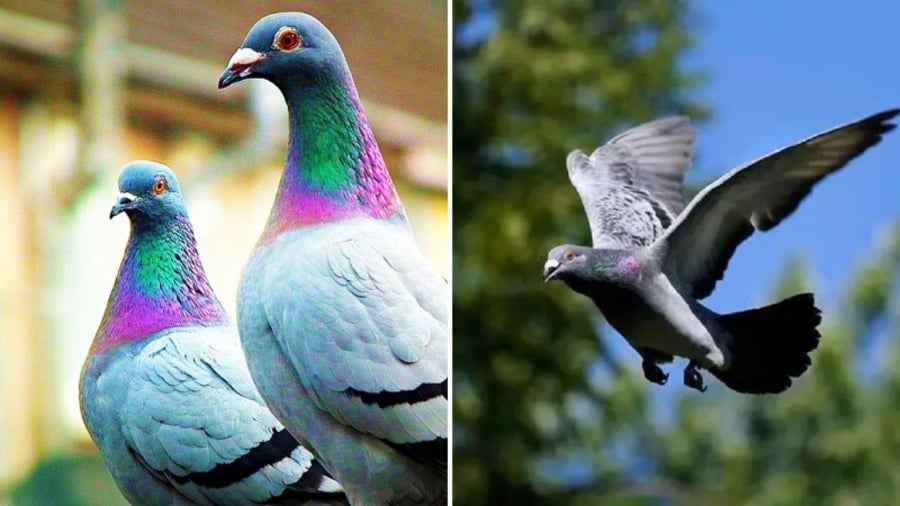
Dove meat is very high in protein but low in fat.
Additionally, dove meat contains many important vitamins and minerals such as calcium, iron, copper, and vitamins A, B, and E. These components support the immune system, beautify the skin, enhance resistance, and promote the body’s recovery process. Especially for postpartum women, especially those who have given birth by cesarean section, doves are believed to help wounds heal faster, reduce pain, and support the discharge of stagnant fluid.
Moreover, the meat of this bird is also good for the following groups:
- Postoperative people: The protein and trace minerals in dove meat help regenerate tissues and promote wound healing. This is why many people choose to include dove soup in their post-surgery diets.
- Postpartum women: Dove soup not only helps restore health but also supports skin beauty and hormone regulation.
- Elderly people: Low cholesterol levels help protect cardiovascular health, reduce the risk of high blood pressure, and prevent atherosclerosis.
- Men: Regular consumption of dove meat can help improve liver and kidney function and increase vitality.
2. Who Should and Should Not Eat Dove Meat
Despite its nutritional benefits, dove meat may not be suitable for everyone. Due to its heating properties, those with a hot body constitution—prone to acne and internal heat—should limit their consumption. Especially for hemorrhoid patients, excessive intake can worsen constipation, causing the hemorrhoids to swell and become more painful.
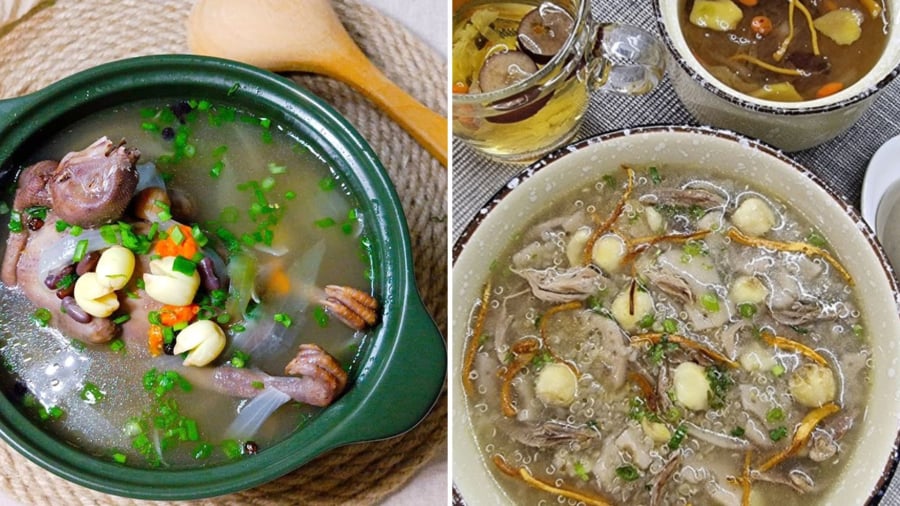
People with a hot body constitution or hemorrhoids should avoid eating doves.
Dove soup and dove meat are excellent food choices for recovery diets, especially for postoperative patients or those looking to boost their health. However, as with any food, consumption should be based on one’s body constitution and specific health conditions. When used appropriately, doves are not just a symbol of peace but also a “companion” in the journey of sustainable healthcare.
“The Miracle Drink: A Budget-Friendly Beverage to Lower Bad Cholesterol and Prevent Stroke Risk”
“Pomegranates are revered for their abundance of antioxidants such as tannins, flavonoids, and anthocyanins – powerful compounds that neutralize free radicals and safeguard cells from damage. With their unique ability to scavenge and destroy these harmful free radicals, these antioxidants act as guardians of our cellular health, fortifying our bodies’ defenses and promoting overall wellness.”
“The Super Green: Uncovering the Ultimate Calcium-Rich Vegetable Hiding in Your Garden”
Calcium-rich foods are often associated with dairy products, but surprisingly, a humble vegetable like amaranth boasts twice the amount of calcium found in milk. Amaranth is an unsung hero in the world of nutrition, offering a plethora of health benefits beyond bone health. With its ability to lower blood fat, prevent cancer, and promote glowing skin, amaranth is a powerhouse vegetable that deserves a spotlight in any healthy diet.
























